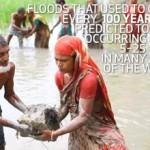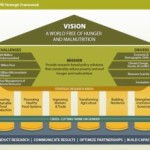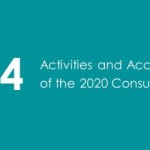A new conference brief by Joachim von Braun and Sukhadeo Thorat makes the case that overcoming exclusion is a complex political agenda with legal, cultural, social, economic, technological, and governance dimensions. Exclusion is a global phenomenon, not just one of developing countries, the authors note, and is fundamentally a human rights issue. Exclusion quite often erodes the resilience capacity of social groups. It brings about unequal access to public services, making excluded people’s efforts to overcome shocks more difficult than those of their counterparts from nonexcluded groups. Moreover, resilience and exclusion are in a vicious dynamic relationship over time. Typically, social exclusion perpetuates the effects of shocks and thereby undermines resilience. The socially excluded groups may collapse or converge to a worse-off steady state after disruptions, taking a protracted time to recover from shocks.
The authors point to a number of country cases that illustrate the diversity of exclusion patterns and the policy measures implemented to address them, including India, China, Mexico, South Africa, and Malaysia. While there is an increased level of effort by these governments to address the broader exclusion problems, much remains to be done about inclusion of the marginalized poor.
Theories and empirical research indicate that noneconomic factors, namely norms, identity, and social category, matter for decisionmaking and economic outcomes. Empirical evidence confirms that excluded groups and communities face identity-based exclusion from opportunities in market and nonmarket exchange and in social and political processes, resulting in high poverty and marginalization. Exclusion also affects economic growth. A narrow focus on building the resilience of the excluded is not enough. A combination of policies is needed. These initiatives include enforcement of equal rights legislation, enhancing capabilities through ownership of assets and development of human resources, direct public investment in basic health and nutrition and civic amenities, and special supportive measures to ensure nondiscriminatory access to government and civil society support (such as the discrimination faced by the Dalit in India during two earthquakes and a tsunami). The authors note that we must also boost the participation of the excluded in policymaking and monitoring, including helping these groups self-organize in order to have a stronger political voice.






